
New national football stadium kicks off
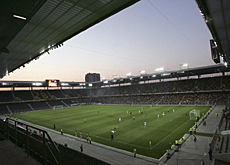
Football, music and culture all come together at the three-day opening celebrations of the Stade de Suisse in Bern on Saturday.
The most expensive stadium complex in Switzerland has promised a “spectacular launch” but the huge financial investment has put pressure on the home team Young Boys Bern.
The festivities began on Saturday afternoon when fans were able to enjoy games, music, food and drink.
Swiss President Samuel Schmid was to officially open the SFr350 million ($275 million) Swiss national stadium in the evening.
A 70-minute show involving dancers, acrobats, fireworks, local musicians and 1,000 children will then depict the history of football.
Sunday is a day of football when fans can see Young Boys, German club Stuttgart and Italian team Udinese compete in a tournament.
August 1 – Swiss National Day – is an open day during which the public can look behind the scenes.
“For SFr100 you receive a special Stade de Suisse Swatch which acts as the entrance ticket,” Ralph Ammann, head of marketing and events at the Stade de Suisse, told swissinfo. “This covers the whole three days, although some events are free.”
New look
The former Wankdorf stadium was pulled down in August 2001, with Young Boys using a nearby ground while the new stadium was constructed.
In 2002 Austria and Switzerland were chosen by Uefa, the Swiss-based governing body for European football, to co-host the European Football Championship in 2008.
“The old stadium used to hold around 60,000 spectators but for security reasons the capacity was reduced to 20,000,” said Ammann.
“We then got permission to build this beautiful stadium, which has 32,000 seats. At every stage in the construction all decisions were taken with Euro 2008 in mind.”
Ammann says tickets for the championships will be sold via Euro 2008 – not through the Stade de Suisse – probably in June 2007.
Pressure
In the stadium’s unofficial first match on July 16, Young Boys lost to French squad Marseilles – hopefully not a sign of things to come.
Experts say such big stadiums simply cannot turn a profit without success on the pitch. If the football offered is mediocre, it won’t be just fans who will stay away – financially essential corporate clients, VIPs and tenants will also keep their distance.
“There is an interdependency between the football and the rest of the business,” says Peter Jauch, director of the firm that operates the stadium. “One stimulates the other.”
So far 8,500 season tickets have been sold, but to break even at least 14,000 fans have to attend every game.
Multifunctionality
Income from football will make up less than half of the stadium’s annual turnover.
Ammann explains that only around 25 football games will be played a year – 18 league games, several Cup games and two or three national games.
During the other 340 days of the year, the stadium will host events such as ice-hockey games, ski shows, open-air opera performances and concerts – “we hope the Rolling Stones will play here next year,” Ammann says.
“Multifunctionality” is the word of the moment: Swiss supermarket giant Coop (an investor) will open a shopping centre in August, smaller shops and a school building are also onsite, conference and seminar rooms are available and there are numerous places to eat and drink.
swissinfo, Thomas Stephens
Austria and Switzerland were chosen in 2002 by Uefa to co-host the European football championship in 2008.
Four stadiums in each country will host matches: Basel, Bern, Geneva and Zurich in Switzerland; Innsbruck, Klagenfurt, Salzburg and Vienna in Austria.
In Switzerland, the tournament is expected to generate business worth at least SFr470 million ($376 million).
The SFr350 million 32,000-seat Stade de Suisse in Bern is the home ground of Young Boys Bern.
Season tickets for Young Boys matches cost SFr300-900 and corporate lounges up to SFr15,000.
Formerly known as the Wankdorf stadium, it was the venue of the West Germany’s 1954 World Cup final success against Hungary.
The roof of the new stadium will also see the installation of the largest integrated solar power system in the world.
The stadium was financed by Swiss retail giant, Coop, and two Swiss insurance companies, Suva and Winterthur.

In compliance with the JTI standards
More: SWI swissinfo.ch certified by the Journalism Trust Initiative
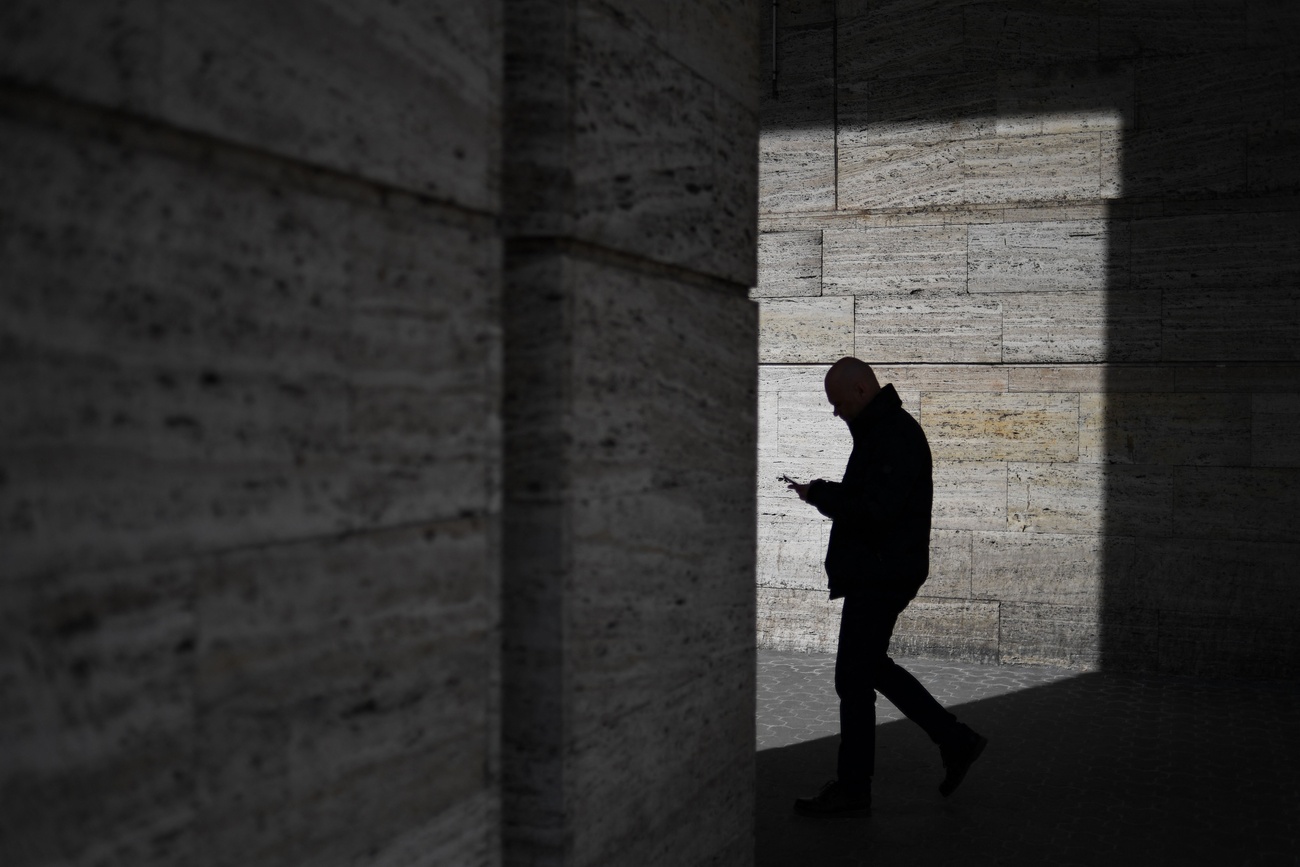












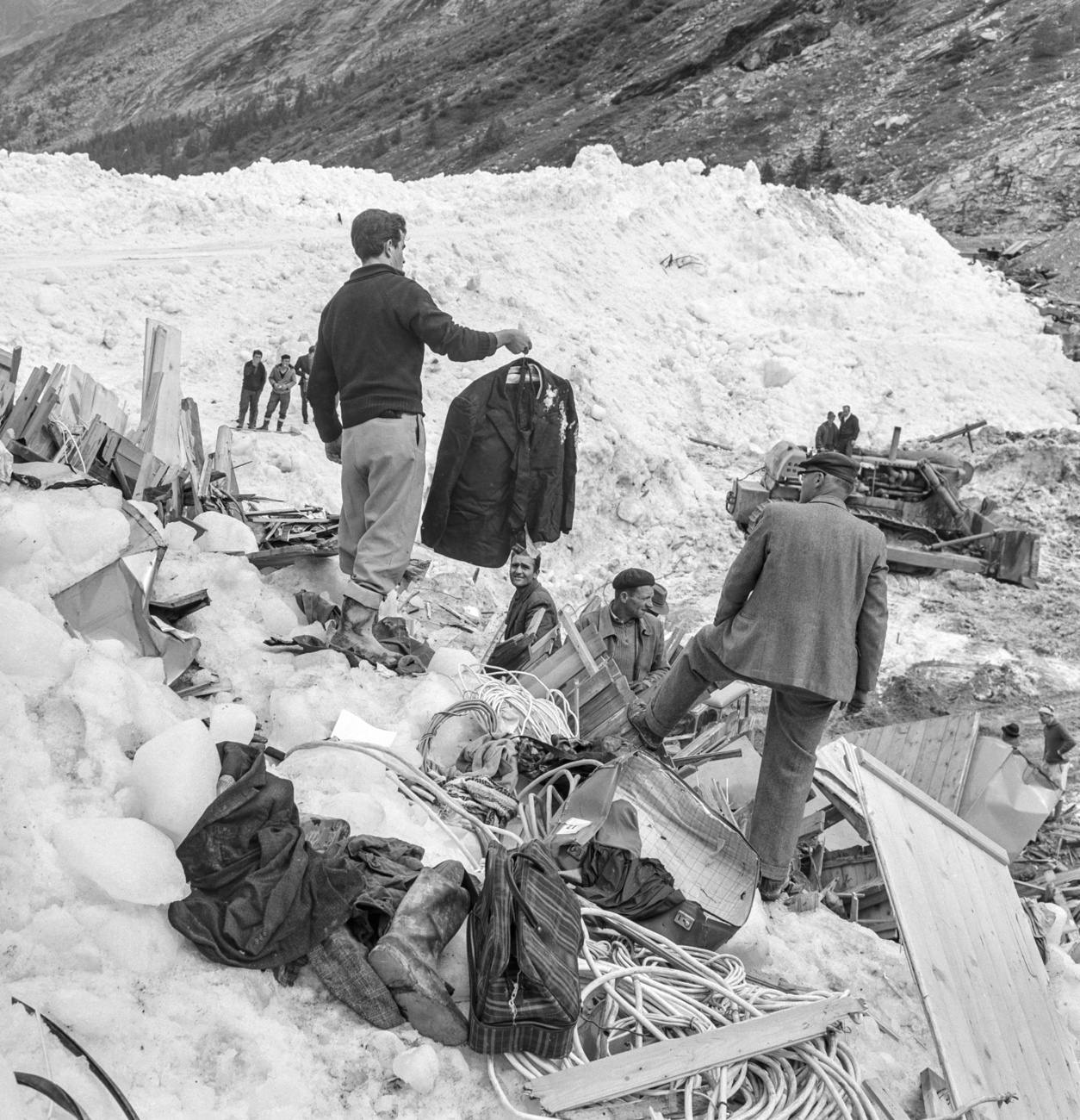


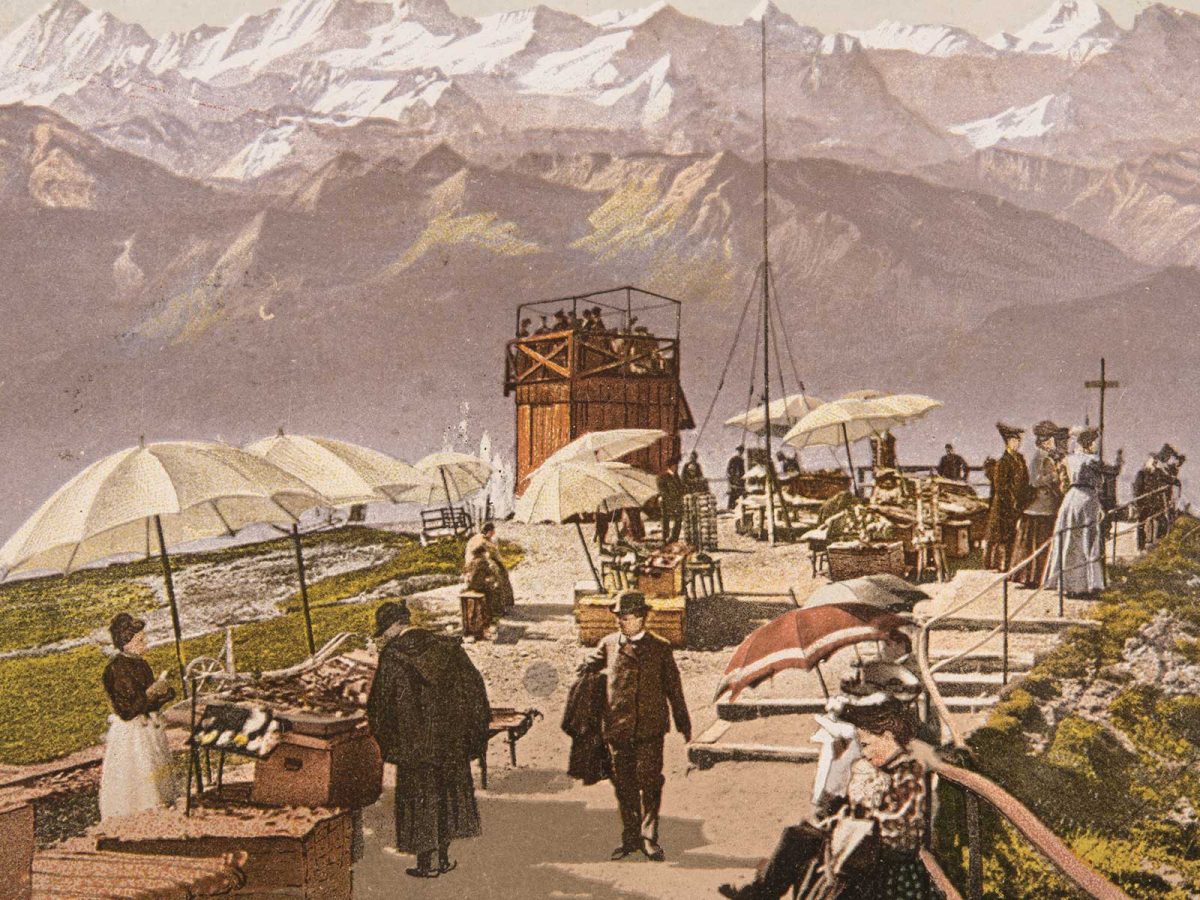








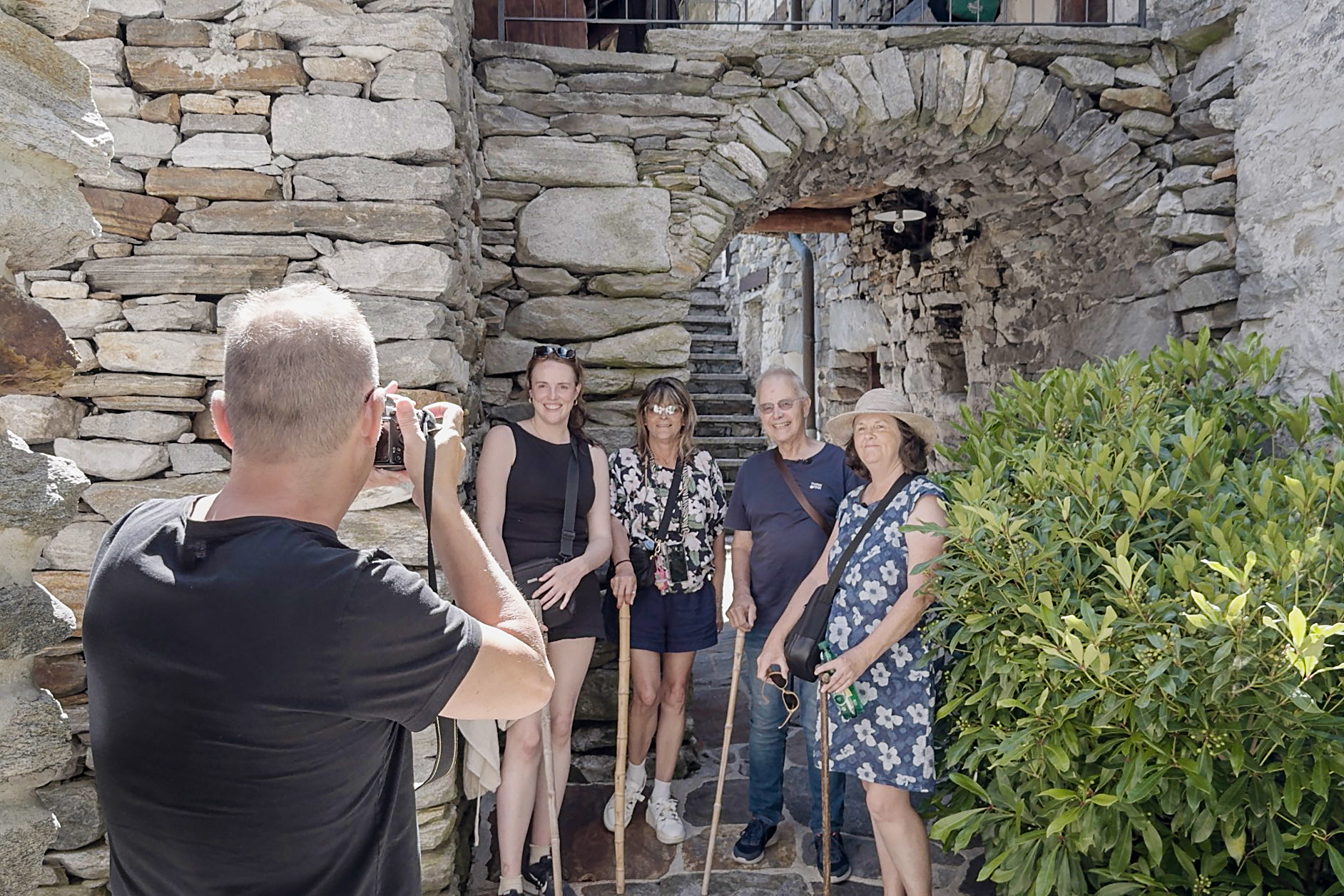







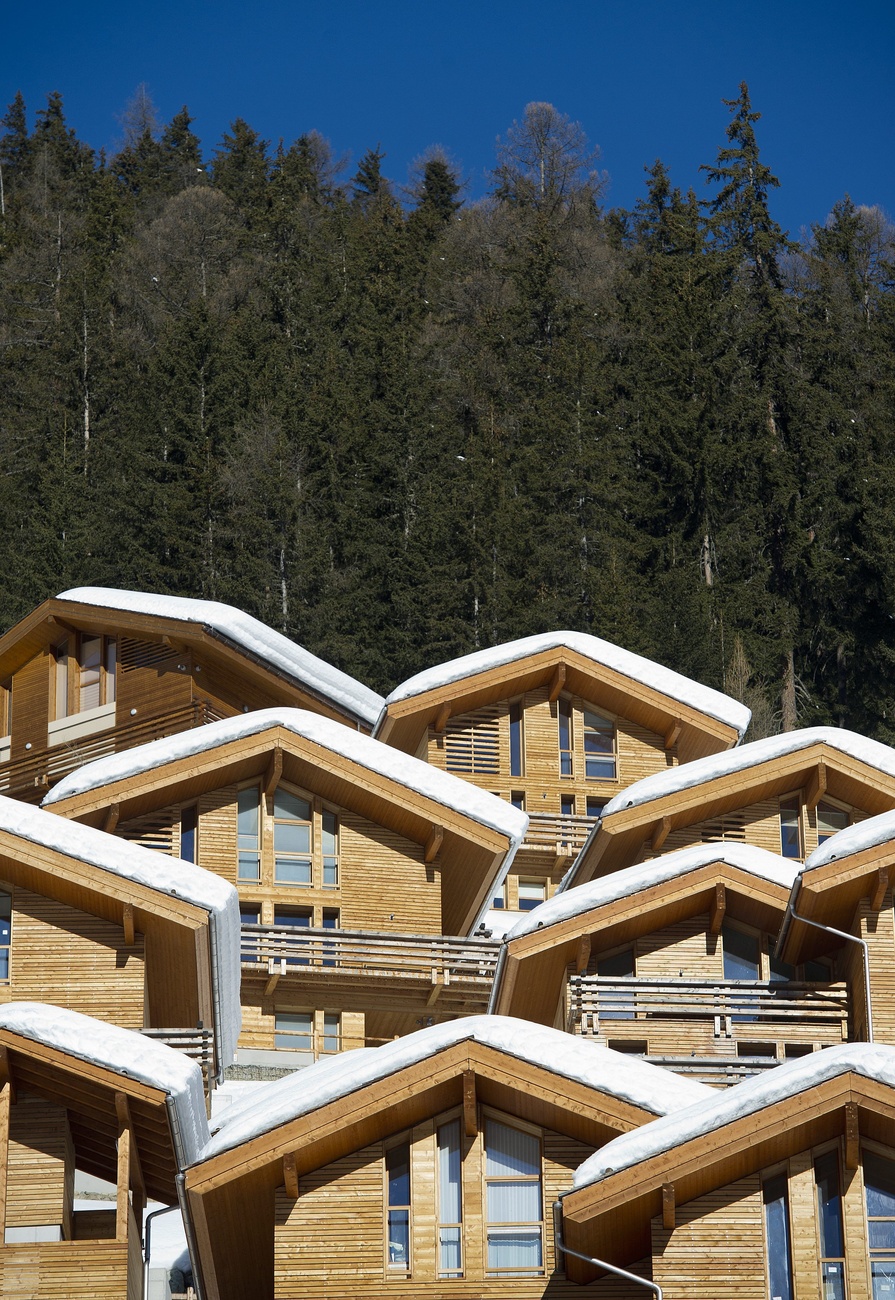






You can find an overview of ongoing debates with our journalists here . Please join us!
If you want to start a conversation about a topic raised in this article or want to report factual errors, email us at english@swissinfo.ch.